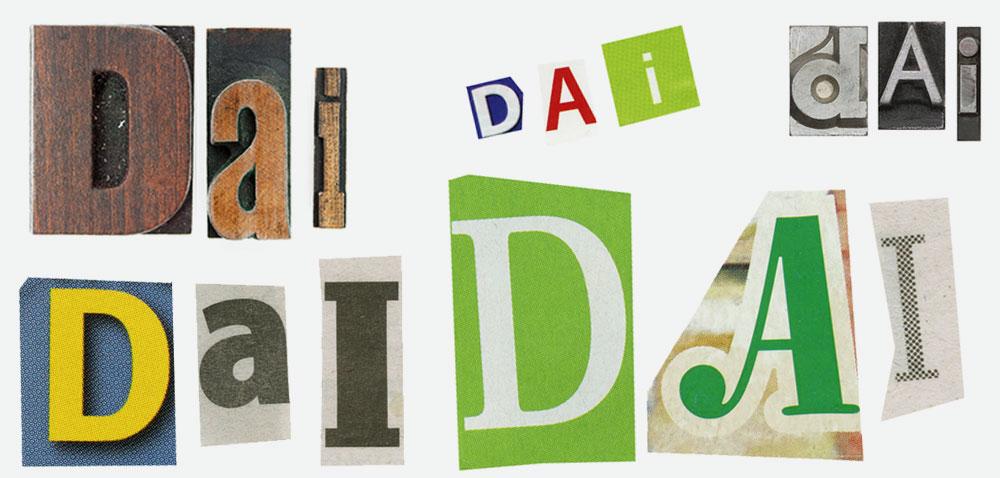One word, so many meanings

Every language has idiosyncratic words that seem to trip unsuspecting visitors or people learning the language. In Italy, one such word is ‘dai’ – pronounced ‘die’, but don’t worry, it has nothing to do with death.
Confusingly, dai has no literal translation. It can be used to mean ‘dare’, but this is not usually how it is expressed. Instead, it’s used in a wide range of contexts, generally in informal situations.
Understanding the tone of voice can be a good clue to the intended meaning. “Ma dai” can often be said to express surprise, much in the same way as you might say ‘my goodness’. “Dai!” said loudly or when annoyed will generally mean ‘stop - enough’ where as ‘dai!’ said excitedly can mean the exact opposite – if said during a story, often gossip, it expresses surprise and means ‘tell me more’. ‘Dai’ can mean ‘come on!’ or ‘dai can mean ‘let’s go’.
Dai’s a useful word to know, but to keep life simple and avoid confusion, you might want to leave it to the Italians and just say something else in instead.
Confusingly, dai has no literal translation. It can be used to mean ‘dare’, but this is not usually how it is expressed. Instead, it’s used in a wide range of contexts, generally in informal situations.
Understanding the tone of voice can be a good clue to the intended meaning. “Ma dai” can often be said to express surprise, much in the same way as you might say ‘my goodness’. “Dai!” said loudly or when annoyed will generally mean ‘stop - enough’ where as ‘dai!’ said excitedly can mean the exact opposite – if said during a story, often gossip, it expresses surprise and means ‘tell me more’. ‘Dai’ can mean ‘come on!’ or ‘dai can mean ‘let’s go’.
Dai’s a useful word to know, but to keep life simple and avoid confusion, you might want to leave it to the Italians and just say something else in instead.
